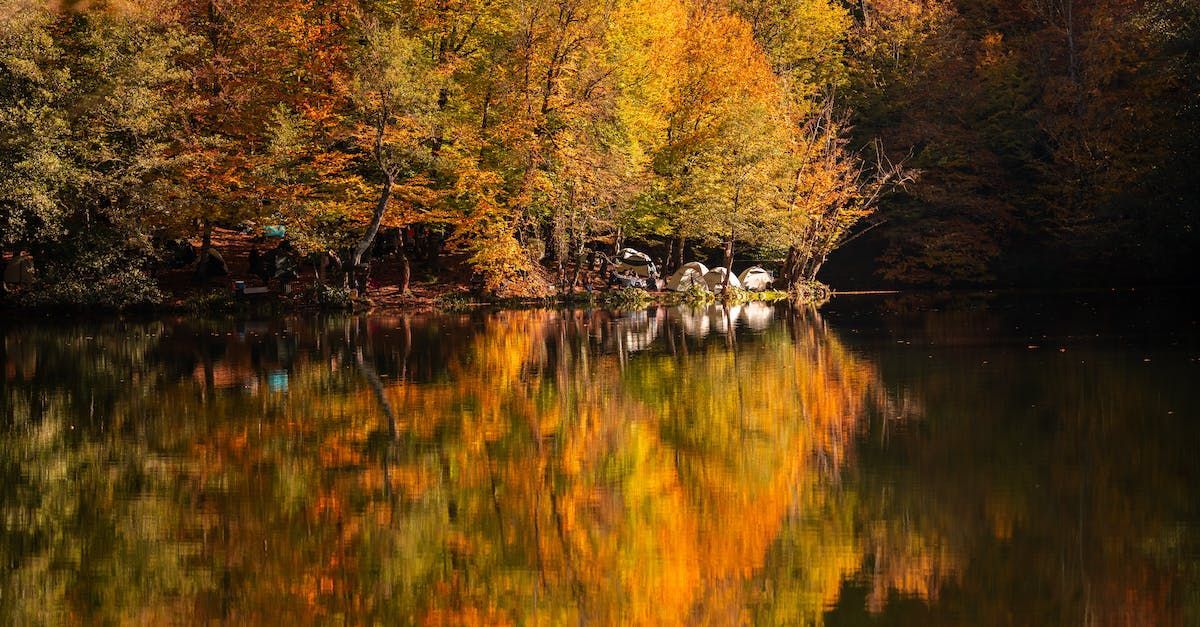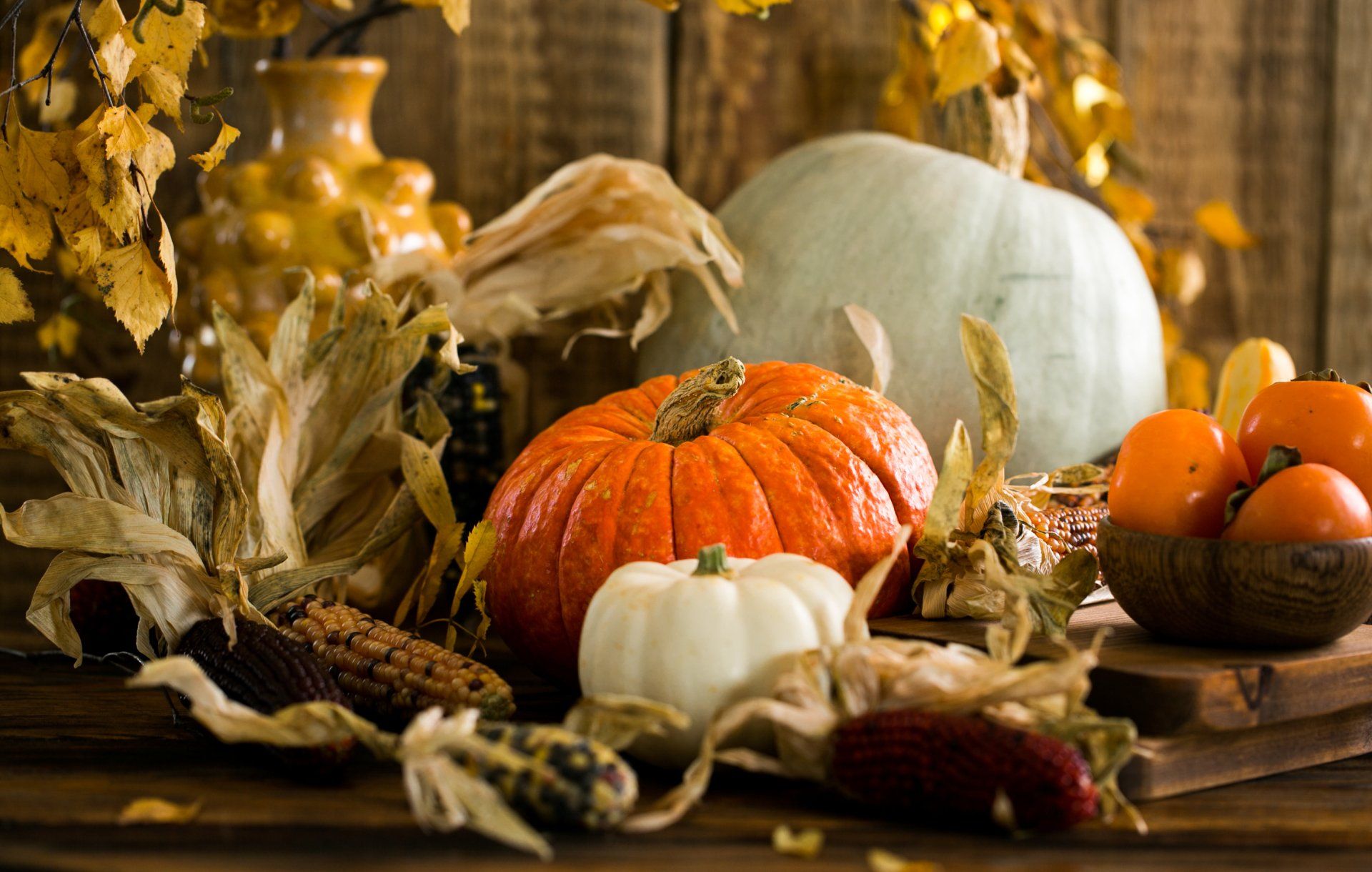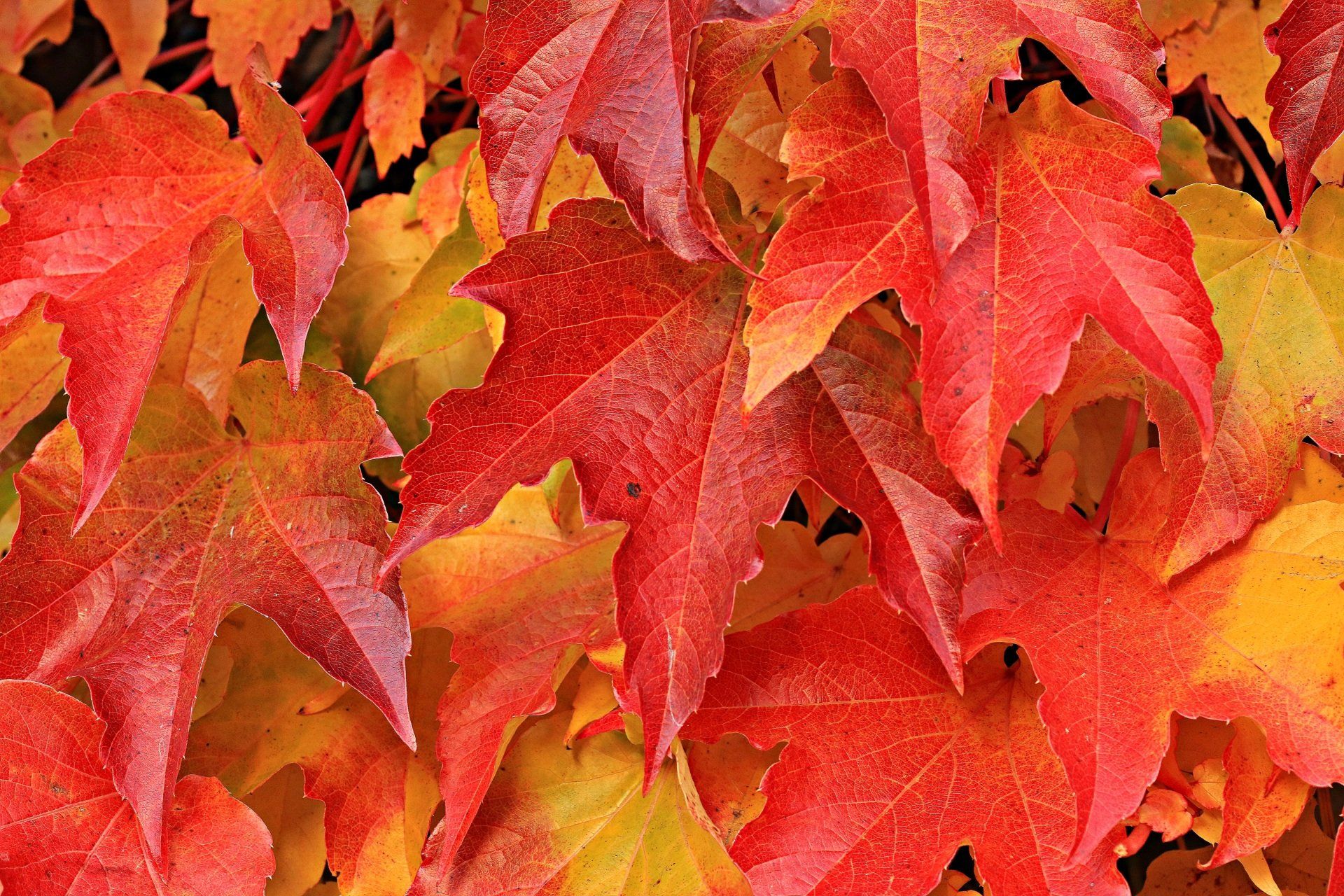Autumn Is the Perfect Opportunity for Self-Reflection

Every year, you probably notice yourself saying the same thing about now:
Where has the year gone?!
Time and life can feel like they march on at an ever-increasing pace. One minute you’re buying Cadbury Creme Eggs. The next thing, summer's whizzed by. The kids are back to school, and shop displays have pumpkin-coloured tones and spooky themes.
If you feel like you’re galloping into another year without a moment's pause, autumn can be a perfect opportunity for self-reflection. As nature starts to slow down ahead of the coldest and darkest months, why not use this time of year to do the same?
Transitions
Nature reminds us of the transitional shifts occurring as one season moves on to the next. The chlorophyll-rich leaves converting sunlight into energy undergo a transformation. As the daylight decreases and the temperatures cool down, chlorophyll steps aside. Chemicals such as carotenes and anthocyanins take centre stage, turning the green leaves into an array of russets and golds. It's a final spectacle before the leaves drop.
Trees shed their leaves to protect themselves against the winter months. It's about conserving energy and moisture within the tree's trunk and branches. This process is essential for the tree's survival during winter and to help it grow back strong in the spring.
You might transition into the new season on an external level, swapping T-shirts for sweaters or turning your attention to Halloween and Bonfire night. You might even start on the Christmas shopping. But as the days grow shorter and you find yourself inside more often, could you use the time to contemplate where else you might need to transition?
As nature sheds what no longer serves it, so can we. Are there habits or thought patterns that no longer align with the person you want to be? Can you cast away things that sap your energy, allowing you space to cultivate other opportunities?

Reaping Rewards
It's the end of the growing season, and farmers and gardeners have harvested the produce they spent months nurturing. If the crops have been successful, it’s a time of abundance and acknowledging the achievements made. Harvest has long been a time for celebration. Less successful yields may prompt reflection on what to do differently next year.
If December is the time when you usually take stock of the past year, start this process during autumn instead. You have several months to reflect on but still have time to work toward your goals. Recognise your progress and express gratitude for what you already have.
Preparing for the Winter Months
The animal world is in a final flurry of activity before everything quietens for winter. Hibernating animals fuel themselves in preparation for the months ahead. Others cache supplies to sustain them when food becomes scarce.
Seasonal Affective Disorder (SAD) can impact people during the autumn and winter months when there is less daylight. The lack of sunlight can affect our internal body clock and serotonin levels. If you're susceptible to SAD, you might notice your mood and energy drops during the colder parts of the year. Start to ready yourself for this now.
Think about what helps to lift your spirits. Pay attention to how you feel during those moments and how you can create more of them. What do you most enjoy about the autumn and winter months? Plan to include more of these highlights in the coming seasons.
Take advantage of those autumnal days when you can enjoy the golden light and the rich tapestry of warm colours. Implement a self-care routine with whatever helps you to recentre.
Allocate time when you can recharge your energy levels. If you’re an introvert, this could be hunkering down on the chilly autumnal evenings for some solo time. If you’re an extrovert, you might prefer to fill your diary with social events you can look forward to.
Embracing Change
Each changing season reminds us of the impermanence of things. Out of all of them, autumn does this the most. The autumn colours will fade, leaving a stark and seemingly vulnerable landscape. But nature is resilient. While externally, evidence of life seems diminished, nature is not afraid to show its vulnerability. It conserves and waits.
We have no more control over the seasons than we do of the curveballs we all experience. Nature can only control how it adapts to the changing seasons. We can only control how we respond to change.
Allowing space to reflect on challenges and what we can learn from them builds resilience. It encourages self-awareness. We can understand our reactions and how this impacts ourselves and those around us.
Acknowledging the fleeting nature of things can help us appreciate what we have and the people in our lives. As the Greek philosopher Heraclitus said, “Change is the only constant in life.”
Nature’s Inspiration
We can benefit from self-reflection at any time of year, but with our busy lives, it might feel like an indulgence you don’t have time for. If you find yourself now wondering where the last ten months have gone, take a pause. Stop and admire the beauty of the natural world right now. As you marvel at the autumnal kaleidoscope, take another moment to look inward.
As the leaves carpet the ground, think about what you can let go of. Reflect on your achievements and what actions will serve you in the months ahead. While you may be sad to see the end of summer, embrace the new season's opportunities. In moments of challenge, have patience and remember the light will return, and new shoots of life will appear.

Calling All Life Coaches
Creating a blog on your website helps you to give practical advice to those interested in personal and professional development. But if you'd rather spend time with your clients than writing blog posts, could I help?
Why not contact me today and see how I can transform your ideas into useful articles for your clients and would-be clients?










